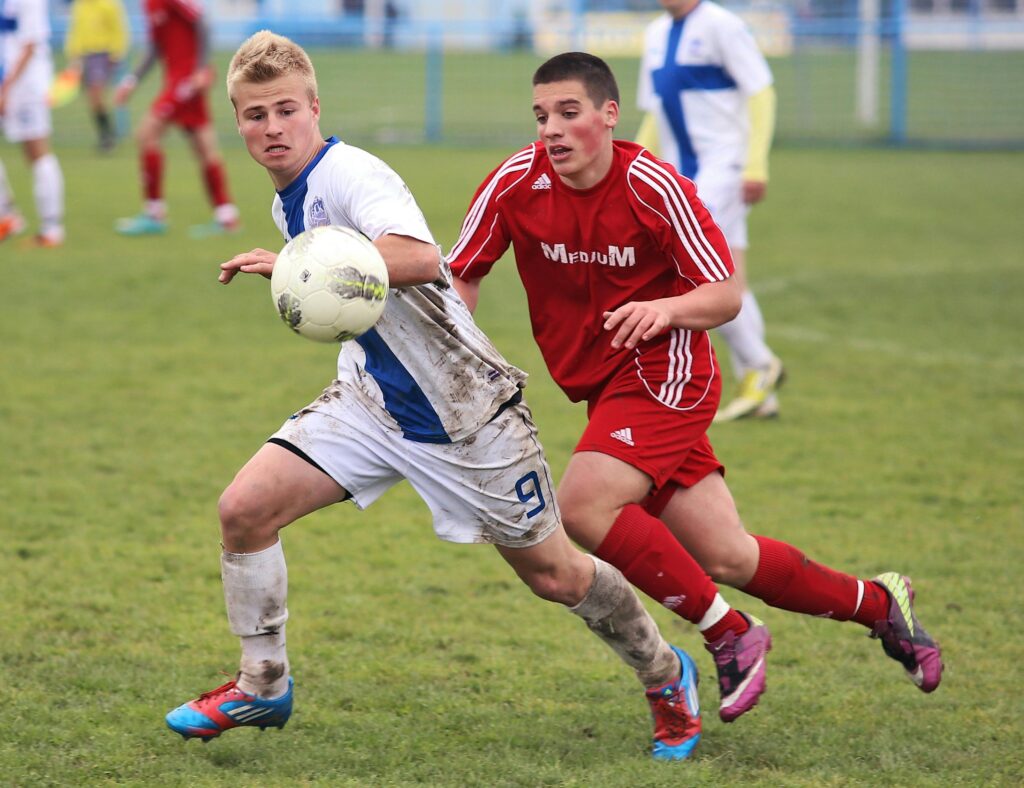Dyslexia Struggles within Sport
In football, an intensely strategic and fast-paced sport, dyslexic athletes face unique challenges, but also possess extraordinary strengths that allow them to excel. For dyslexic athletes, the difficulties associated with processing written or verbal information can be challenging, particularly in areas like reading playbooks, following complex instructions, or quickly processing spoken commands from coaches and teammates.
Here are some of the challenges dyslexic footballers face:
- Reading Playbooks and Game Plans – Dyslexic players may struggle with the traditional methods of learning football strategies through reading dense playbooks and memorising complex formations. Processing written information can be time-consuming and mentally exhausting, which may put dyslexic players at a disadvantage when it comes to quickly learning new plays or game plans.
- Following Verbal Instructions – In football, plays are often called out quickly and require immediate execution. Dyslexic players may have difficulty processing rapid verbal instructions, especially in high-pressure situations where communication is fast and the margin for error is small. This can lead to confusion on the field and difficulty keeping up with the pace of the game.
- Academic Requirements – Many football players, particularly in high school and college, face academic eligibility requirements to participate in sports. For dyslexic athletes, maintaining grades can be a challenge due to the extra time and effort required to complete academic work. This adds an additional layer of pressure on top of their athletic responsibilities.
